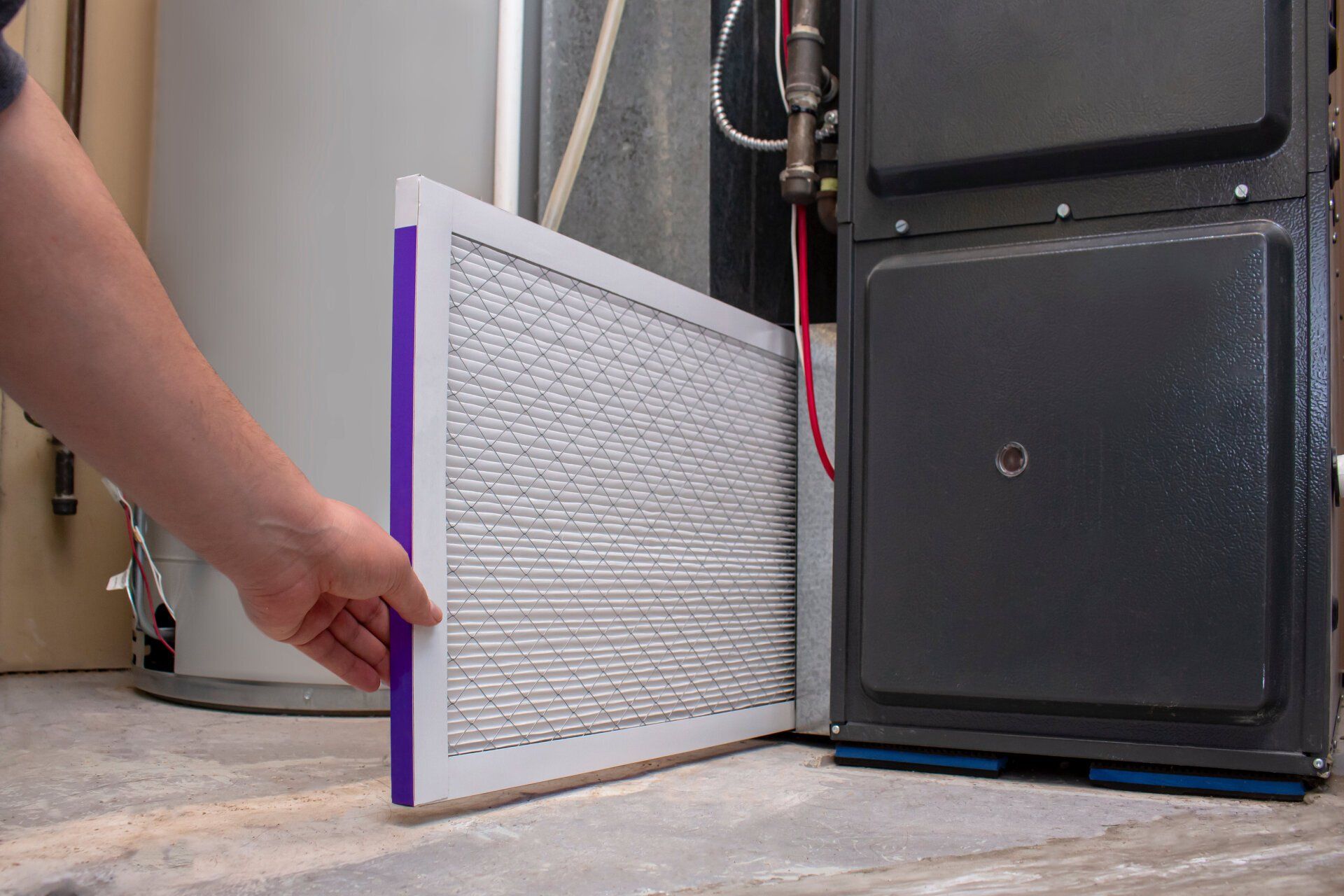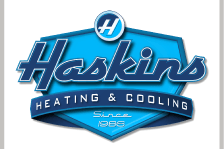2 Types of Furnaces
- By Haskings Heating and Cooling
- •
- 07 Dec, 2022

1. Gas Furnace
Natural gas furnaces are the most common heating systems in American households. The furnace works by using a flame to heat an exchanger, which transfers heat to cold air. Then, the air ducts distribute the warm air around your home.
A gas furnace is ideal if you have a natural gas line. If you do not already have a gas line, expect installation costs for a municipal gas line.
Natural gas is a non-renewable energy source, but it is the cleanest fossil fuel you can use in the home. However, you will need to install carbon monoxide detectors since these furnaces pose the danger of leaks.
Since gas furnaces usually work via ductwork, you can have a home that warms up all at once. That way, one room will not be colder than another, unless your furnace has a problem. You can enjoy comfort as soon as the furnace turns on.
The major advantage of gas furnaces is their straightforward operation and ease of maintenance because they stay cleaner than other heating systems.
Gas furnaces are more expensive to buy but less costly to operate in the long run. The furnaces serve you for up to 25 years with good upkeep.
And with gas furnaces, you have various options to choose from. For example, if you have a more energy-efficient furnace, these are possible. With the right gas furnace, you can even increase the value of your home and get money back from your purchase, such as with a rebate.
Best of all, since gas furnaces are so common, they are easy to maintain and repair. You can turn to an HVAC company that can quickly and successfully keep your furnace working for longer.
2. Propane Furnaces
Propane furnaces run like natural gas heating systems but utilize propane rather than natural gas. A propane furnace turns liquid propane into gas, which moves through the heat exchange and warms the air.
You do not have to install a flue with a propane furnace, as you can fashion a vent next to it on an exterior wall. The vent minimizes maintenance costs because you do not need to have the flue cleaned and inspected.
Propane generates more heat than other fuels, so the furnace warms your space quickly. However, propane furnaces are less efficient than other heating systems.
But if you are concerned about the environment, propane is a great option. It is a cleaner fuel than fossil fuels and has less carbon than gas, which equates to fewer emissions.
Plus, if you like safety with your heating, propane is great. It is way less of a fire hazard and is non-toxic. That way, if you have small children or pets, you can feel at ease with your heating.
And if you need lower heating bills, propane is the way to go. It is less expensive than other types of furnaces and often lasts longer too.
The modern HVAC market features many innovations for improved comfort and reduced costs. Our heating experts at Haskins Heating & Cooling help you explore all your furnace options to select a suitable system. Contact us today for prompt furnace services. We will be happy to go over any questions or concerns you have. Let us know what you want for your heating so we can better assist you.









